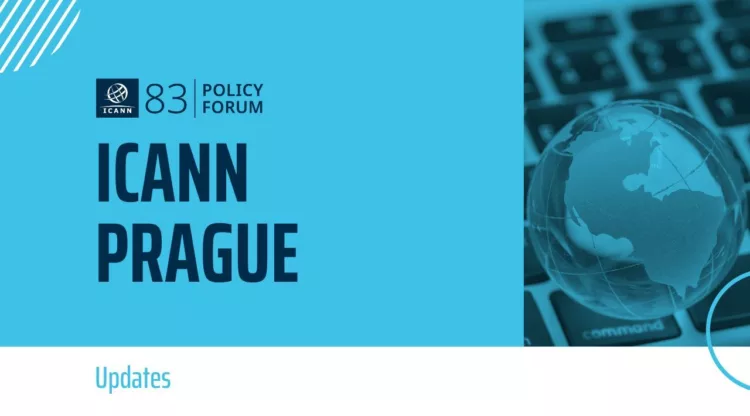Author: Luc
ICANN 84 - Highlights from Dublin

When ICANN 84 gathered the global internet-governance community in Dublin last week, one issue quickly reclaimed the spotlight: DNS abuse. The topic resurfaced with force, underscoring ICANN’s renewed drive to reinforce security standards and strengthen accountability across the internet. Our legal expert Luc brings you the highlights from the latest forum.
Joining the Technical Community Coalition for Multistakeholderism

The internet's growth into global infrastructure has made inclusive governance more important than ever. We support a multistakeholder model where all voices have a role in shaping its future.
ICANN 83 Policy Forum – Highlights from Prague

ICANN 83 brought the global internet governance community to Prague last week, where discussions once again zeroed in on a familiar concern: DNS abuse. As expected, the topic continues to dominate the agenda as ICANN sharpens its focus on internet security and accountability.
DORA Compliance Made Simple: What We're Doing to Help

The Digital Operational Resilience Act (DORA) went into effect on 17 January 2025, setting strict cybersecurity requirements for financial institutions and their ICT partners. This article highlights what you need to know — from key obligations to who’s impacted.
ICANN82 Recap: Progress and Challenges in DNS Abuse and Policy

Last week, the 82nd ICANN meeting took place in Seattle. This meeting was also the first one since Kurtis Lindqvist was nominated as ICANN CEO. As an engineer, Kurtis brings a practical mindset to the table, a breath of fresh air for many in the community. This meeting continued the focus on DNS Abuse, but with a twist: we saw genuine dialogue instead of the usual back-and-forth. Several sessions stood out.
Istanbul Insights: Key Outcomes from ICANN 81

Luc, our Chief Legal Officer, is back from Istanbul's ICANN 81. Amid the city's rainy days, he brought back essential updates on registration data policies, DNS abuse amendments, and WHOIS changes. Read on for the key insights and their impact on internet governance.
ICANN79: Addressing Fraudulent Domain Registrations - Seeking AGP Policy Reform

In the digital age, the integrity of domain name registrations is under threat. Criminals, leveraging stolen payment methods and unauthorized access to customer accounts, are exploiting the system, causing a significant uptick in fraudulent domain registrations. This issue took center stage at the ICANN79 meeting in San Juan, Puerto Rico, where industry stakeholders convened to address the challenges head-on.